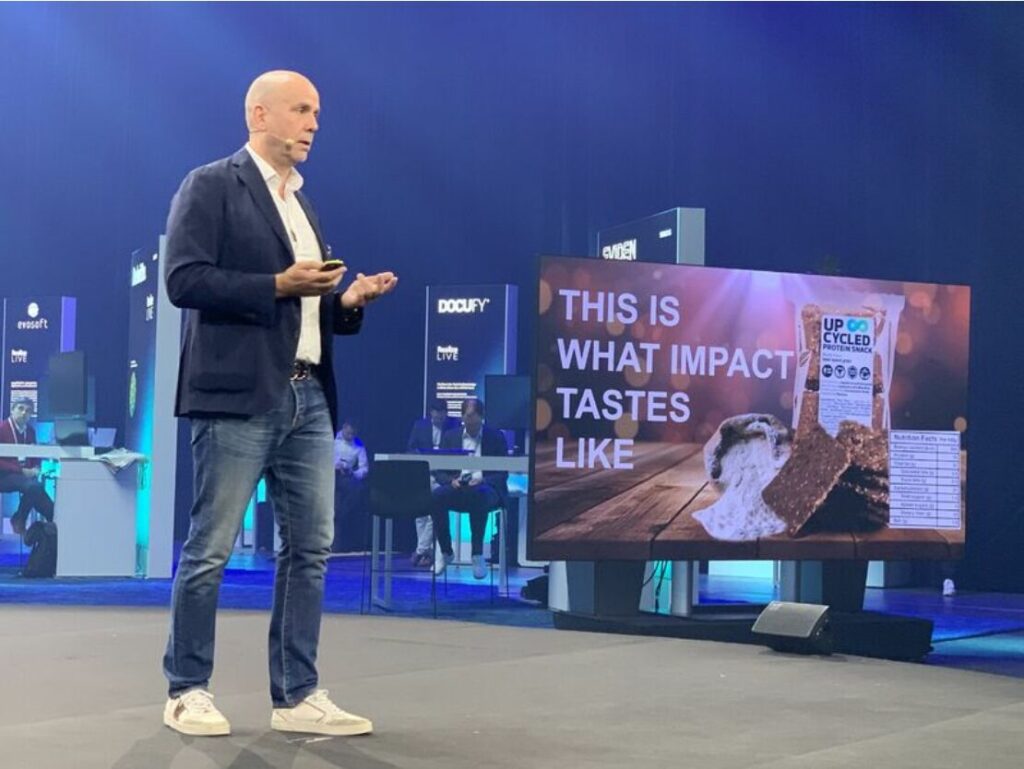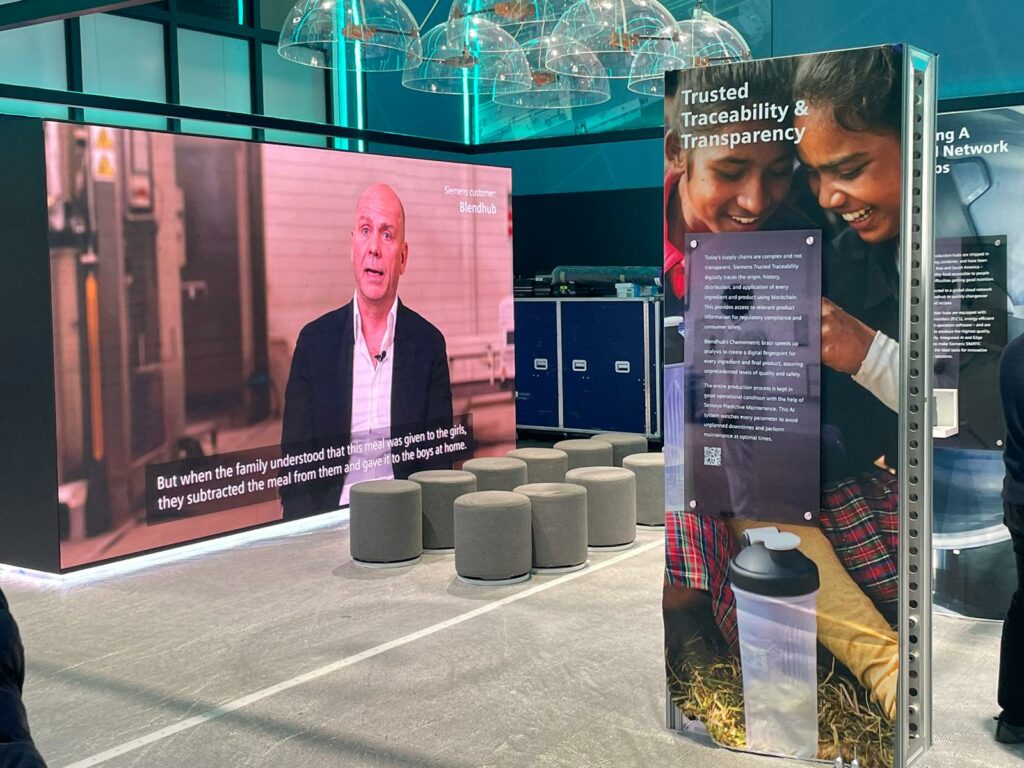Transparency has an enormous potential as a strategic tool for business. Apart from a very useful instrument to engage partners to create services and products, and build solid relationships based on confidence, being transparent is becoming imperative for companies. Some factors have been decisive in the way towards transparency in organizations, as Don Tapscott and David Ticoll prove in their highly recommendable book The Naked Corporation. How the Age of Transparency Will Revolutionize Business.
Tapscott and Ticoll, as drivers of transparency, point out the following:
- The success of market economies and globalization: Some economic crises have uncovered problems associated with opacity and false reporting.
- The spread of communications technology: Controlling has been made impossible and it has disrupted the traditional hierarchical structures in many areas.
- The rise of knowledge work and business webs: The knowledge worker productivity depends on values such as openness or trust.
- Demographics and the rise of the Net Generation: People, and especially those who are younger, have a stronger sense of civil values while everyone now perceives the Internet as part of their day-to-day life.
- The rising global civil foundation: Standards for quality and human interaction are rising and it is more difficult each day to stay away from.
At Blendhub, we are inviting everyone in our business to join our bet on transparency. Traditionally, the food powder industry has operated with the opaque model of the “blackbox” meaning a lack of information for everyone, especially for food producers, directly affecting the capacity to create better, safer, and cheaper food product while 800 million people are going to bed hungry every day. We believe that a transparent food value chain, starting within the link of food powder blends, is the catalyst in addressing the world feeding challenge. It is indispensable to create trust and based-on-collaboration relationships all around the food value chain. This will allow the food industry to innovate faster and create foodstuffs that will prevent anybody from being hungry again.
Transparency, as the authors maintain, is no longer a social corporate responsibility option: It is an obligation and a useful tool for creating a better and sustainable business.



